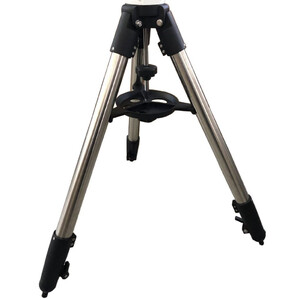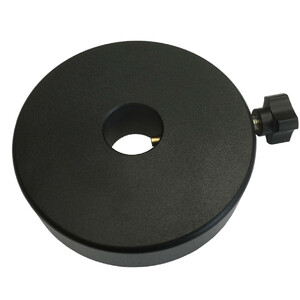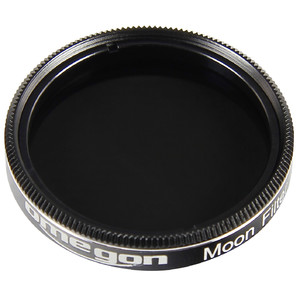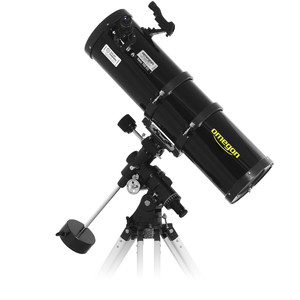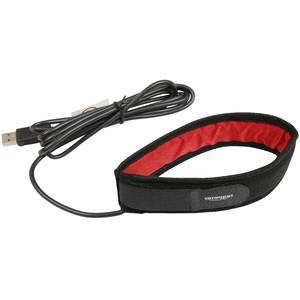TeleVue AP 101/540 telescope:
The Nagler-Petzval design is a system that has been specially developed by TeleVue which includes a Petzval lens to produce outstanding optics. The Petzval lens was designed in 1840 by Josef Maximillian Petzval and consists of four lenses which provide an almost completely distortion-free image of the night sky. 20 years ago, TeleVue began working with this lens design and has developed it further over the intervening years.
This new optical system has the ED elements arranged in two groups: a 101mm doublet at the front and a pair of lenses a little further back which flatten the image field. This design virtually completely eliminates chromatic and other optical aberrations. Each individual lens works alone but provides particularly high quality image in combination with the others. The front lens cell is made from stainless steel: this ensures high thermal stability - for example, if you take your telescope out into a cold winter night from an indoor heated room. The system is particularly suitable for deep-sky observing and has been optimized for this.
The image quality, ease of use and high portability due to the compact design, guarantee that you will use this telescope frequently.
The advantages in a nutshell:
- compact new design
- two ED doublets for colour correction
- very versatile
The telescope is available as standard version and as a version optimized for astrophotography (imaging system).
TeleVue imaging systems (is) are a further development of the well-known TeleVue telescopes, which have been specially designed for astrophotography. For example, the focuser has been replaced by a new unit with fine adjustment which is ready to be connected to an electronic micro focuser with a motor drive.
It not only matters which telescope you buy but also where you buy it. Our additional services:
- We are a leading telescope dealer and know the devices we sell. Our customer service team will gladly help you after your purchase if you have problems with assembly or operation.
- We provide a copy of the 80-page Telescope ABC beginners handbook with every telescope.
